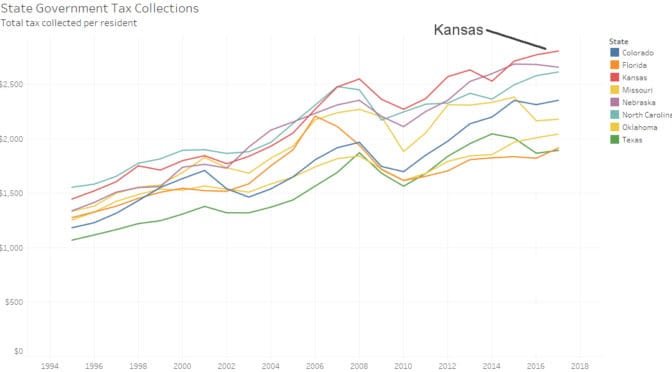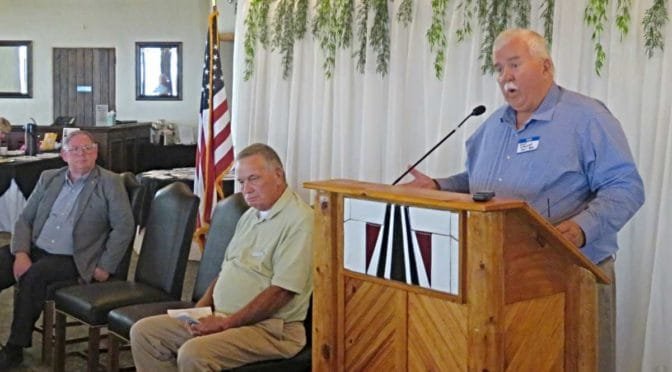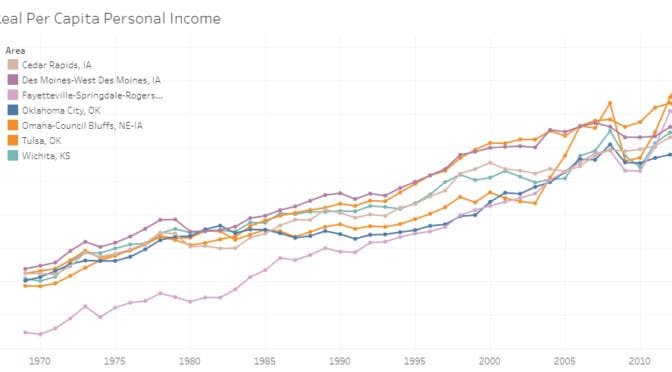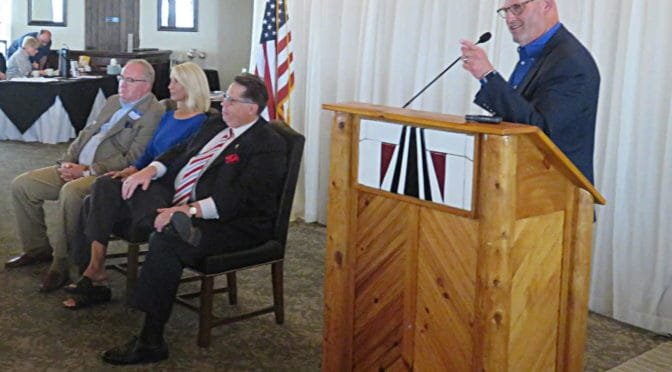Tag: Featured
-

Project Wichita survey
The Project Wichita survey is about to end. Will it have collected useful data?
-

For Hugh Nicks, a return to the backroom deal?
Remarks from a candidate for Sedgwick County Commission call for presenting a unified front to the public.
-

Kansas tax collections
If Kansas government doesn’t have enough money to meet spending requests, it’s not for the lack of collecting taxes.
-

WichitaLiberty.TV: Sedgwick County Election Commissioner Tabitha Lehman
In this episode of WichitaLiberty.TV: Sedgwick County Election Commissioner Tabitha Lehman briefs Bob and Karl about the upcoming elections.
-

From Pachyderm: Kansas House of Representatives Candidates
From the Wichita Pachyderm Club: Kansas House of Representatives Candidates for districts 97 and 100. This was recorded June 29, 2018.
-

Wichita jobs up
Wichita employment trends are positive for three consecutive months.
-

Wichita and Midwest income
A look at income in Wichita compared to other Midwest cities.
-

From Pachyderm: Kansas House of Representatives Candidates
From the Wichita Pachyderm Club: Kansas House of Representatives Candidates for districts 87 and 93. This was recorded June 22, 2018.
-

Kansas personal income, first quarter 2018
Kansas personal income rose at the annual rate of 4.2 percent in the first quarter of 2018, compared to the previous quarter.
-

Airport traffic statistics, 2017
Airport traffic data presented in an interactive visualization, updated through 2017.
-

Kansas employment, May 2018
For May 2018, more jobs in Kansas, and a slightly higher labor force.
-

Kansas teachers union compliance instructions released
If you’re running for office in Kansas and want the support of the teachers union, here are questions you’ll need to answer their way.